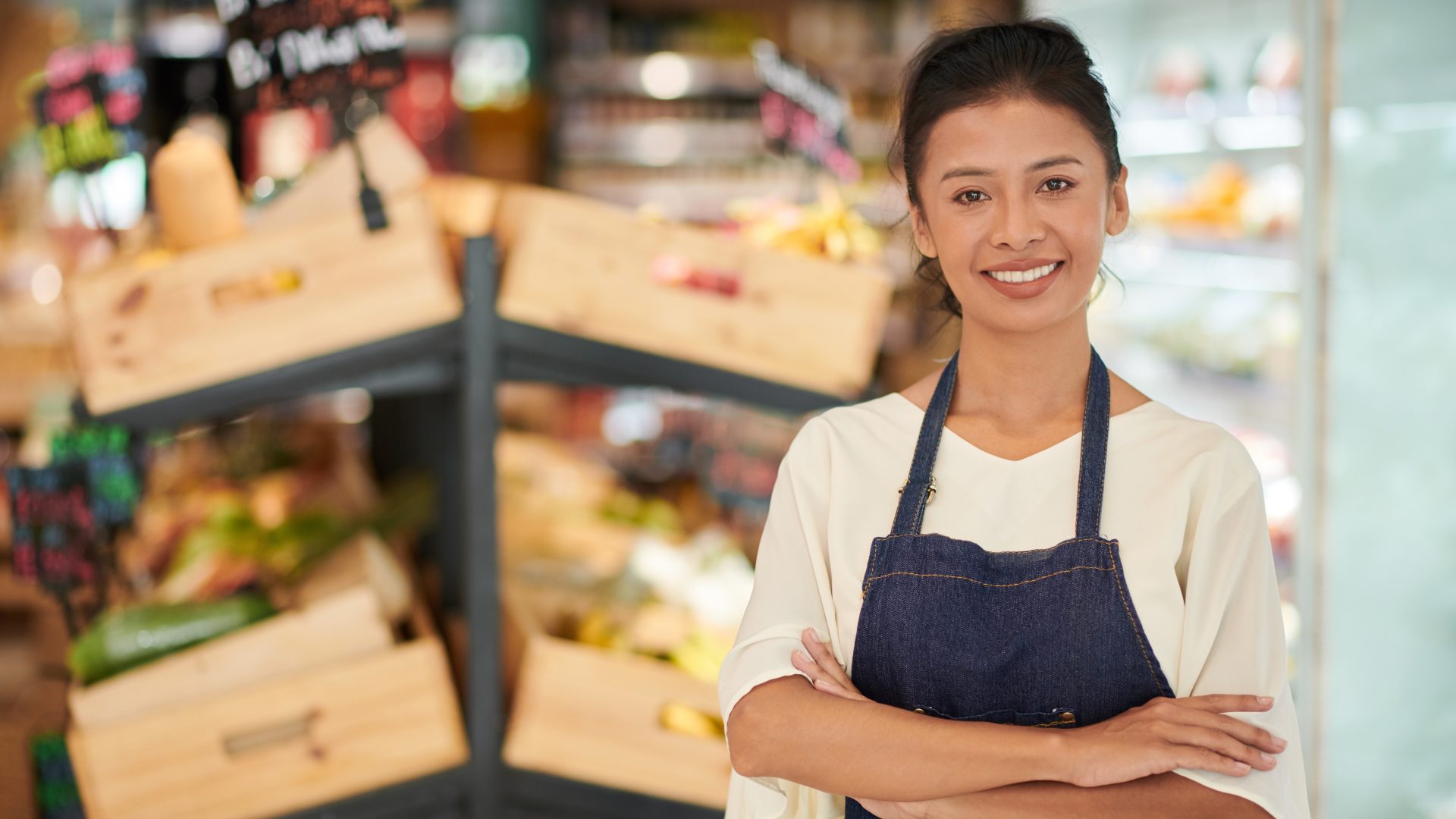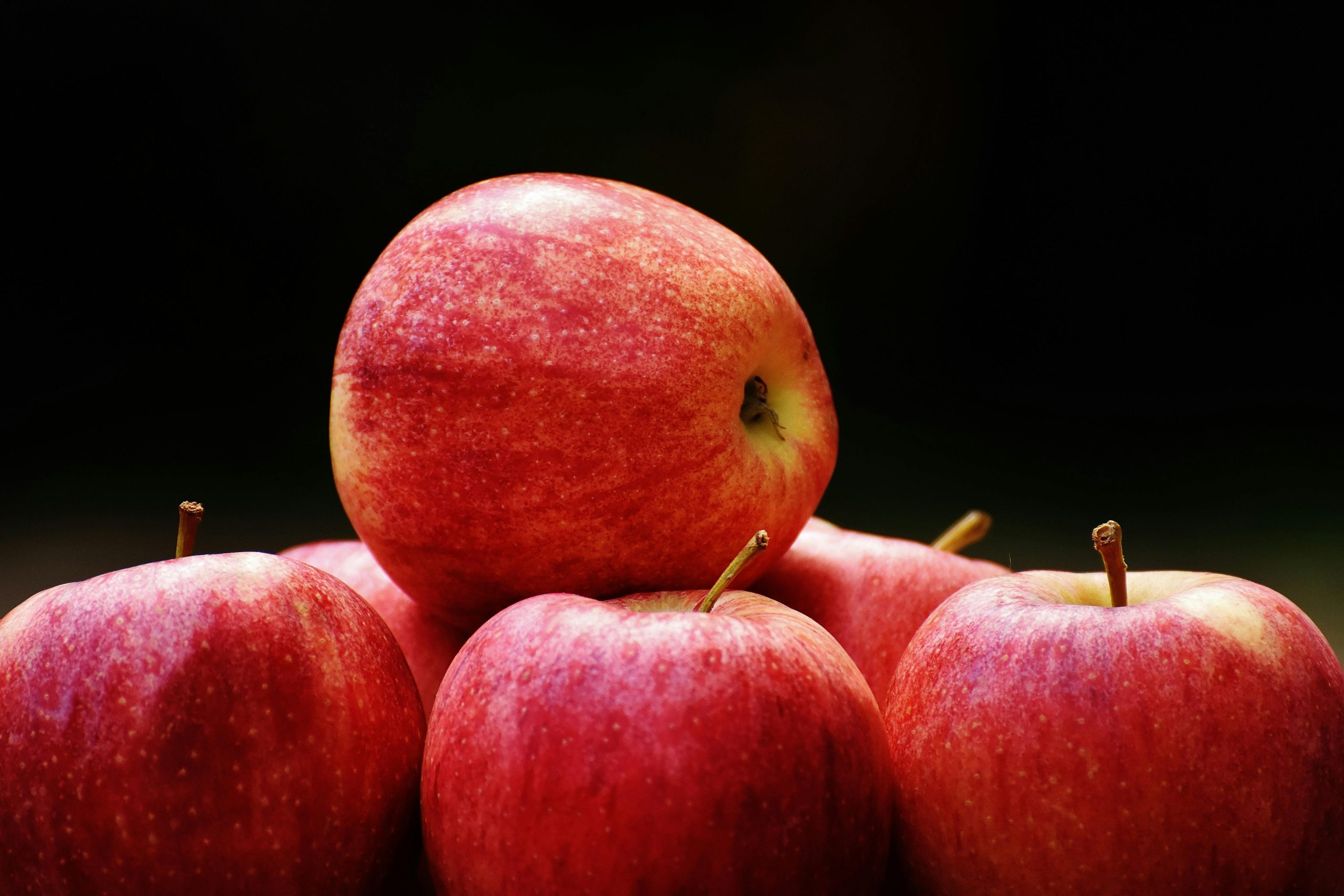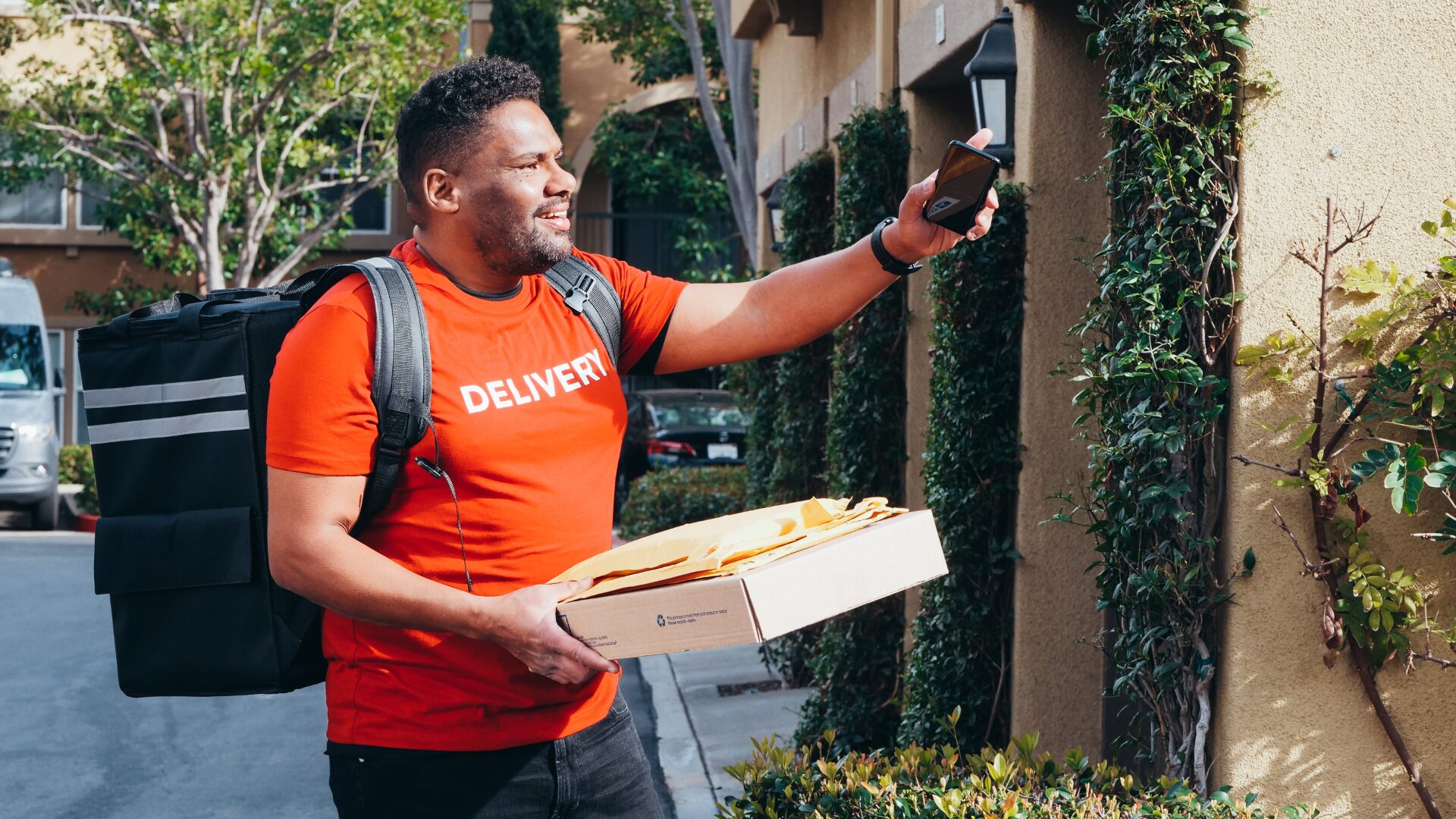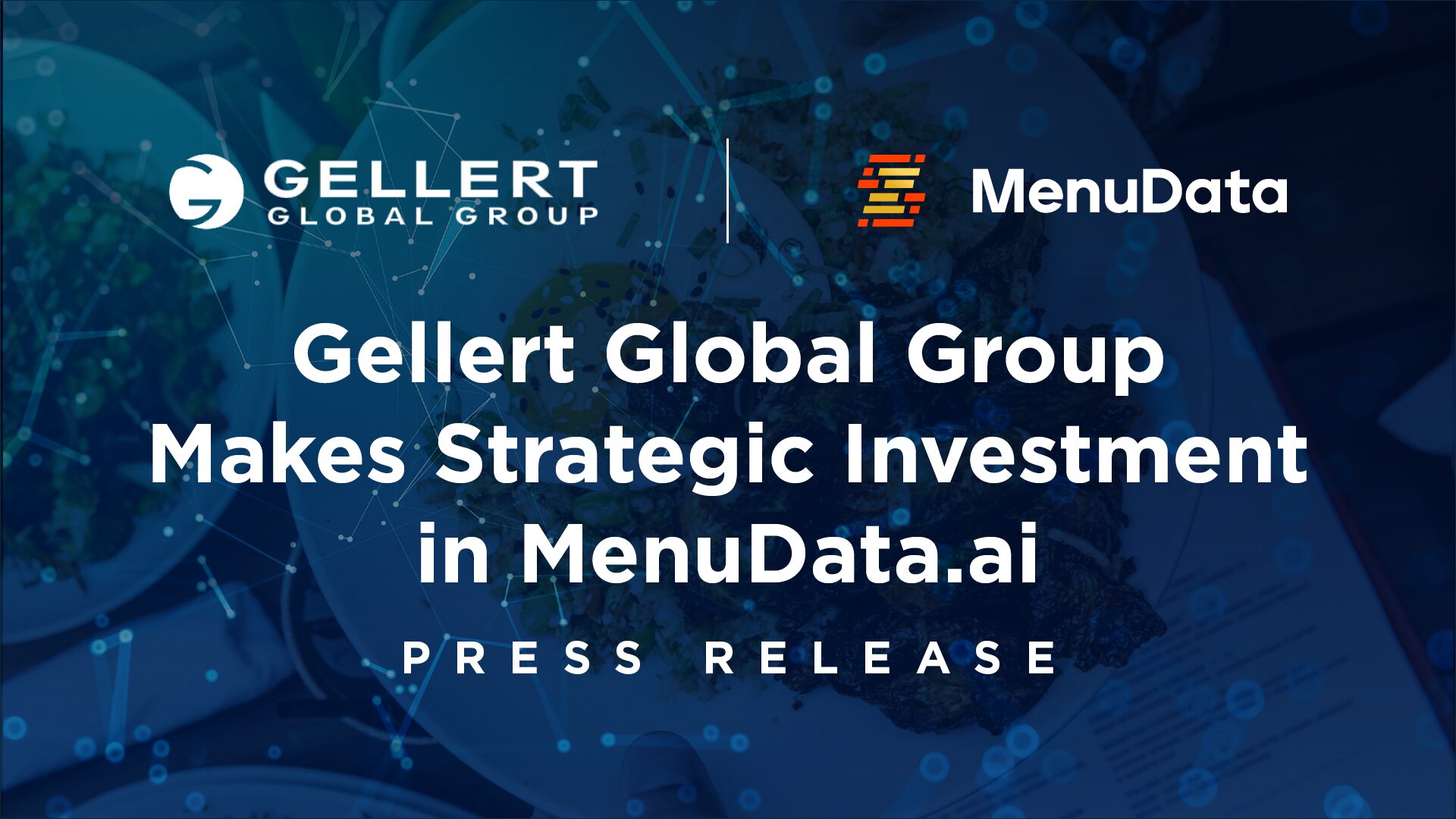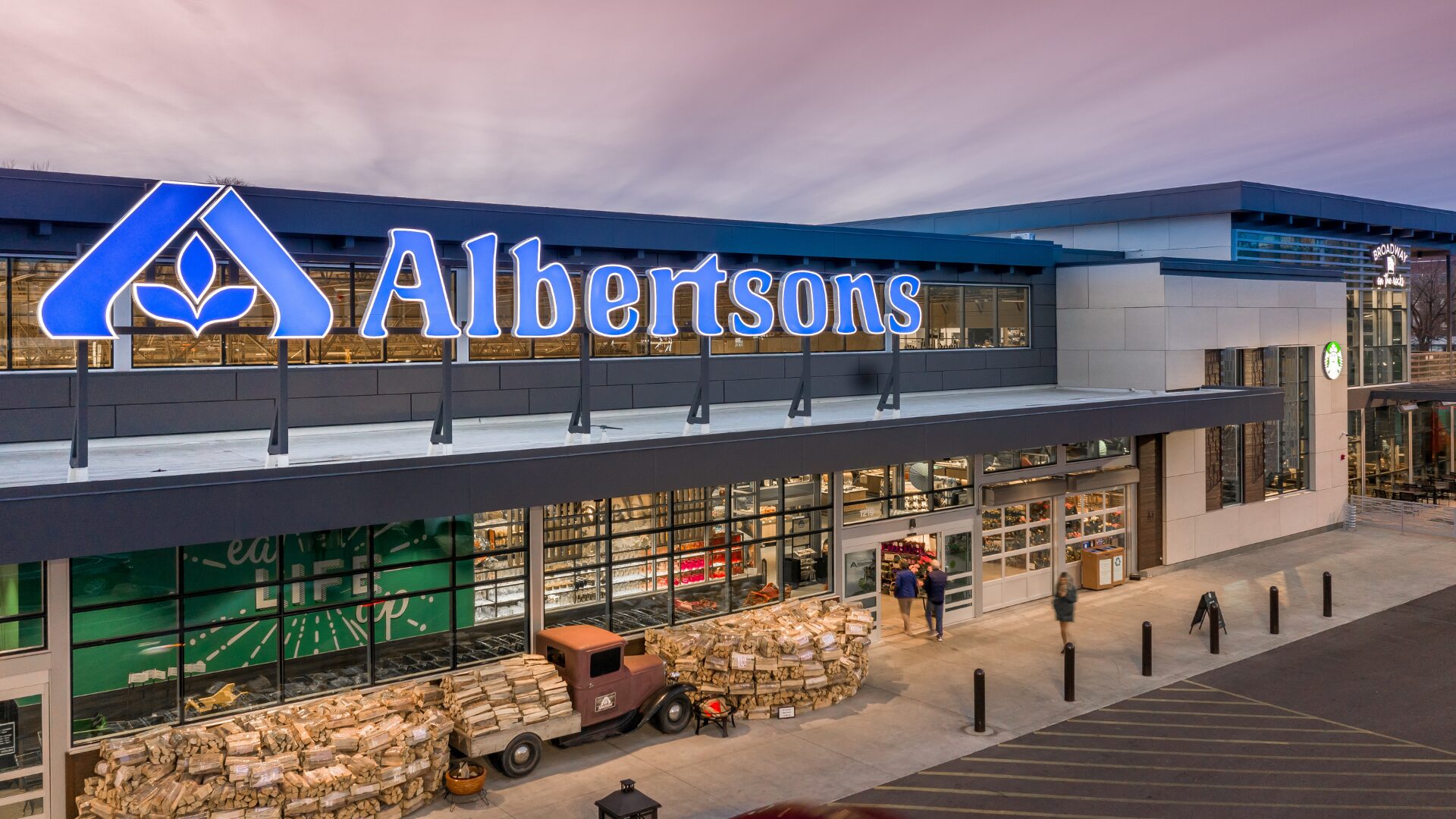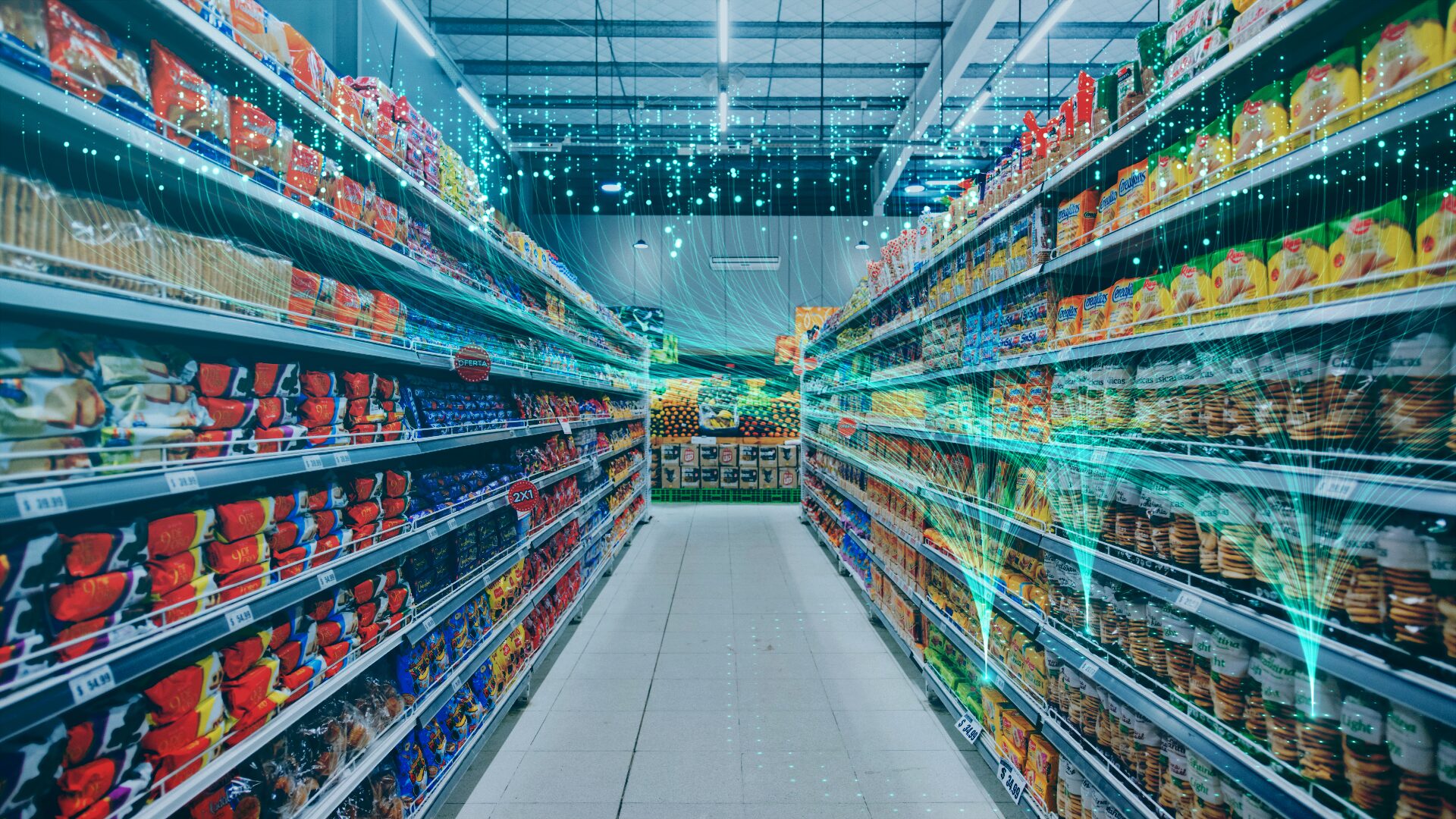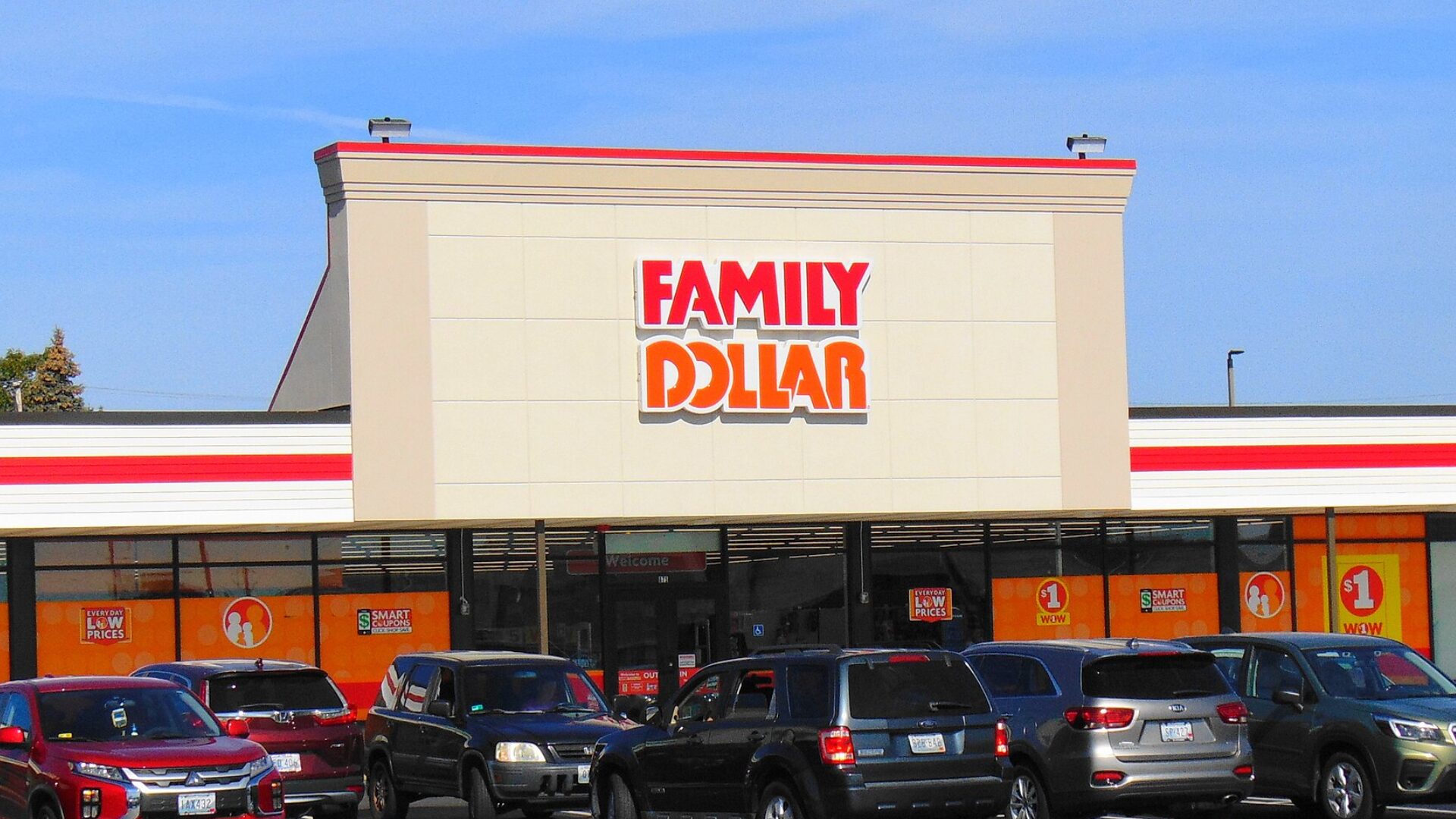On March 17, The Food Institute hosted a webinar on the prospects for mergers and acquisitions activity in the food industry.
The event provided a deep dive into M&A trends, with analysis from Lech Czerski, director of BMO Capital Markets, and David Schoeder, principal at The Food Partners. Czerski – whose firm, BMO, sponsored the webinar— noted that activity is accelerating.
“The overall momentum that we saw in the back half of the year [in 2020], we continue to see in 2021,” Czerski said. “As we sit today, M&A volume in 2021, year to date, is up over 200% compared to the same period last year.”
After M&A activity slowed in early 2020 amid the COVID-19 pandemic, the tide began to turn last summer, with the broader reopening of both the equity and debt markets. A few major business transactions did take place in 2020 however, such as PepsiCo acquiring Rockstar Energy for $3.86 billion. More recently, on Feb. 17, Dole merged with Europe’s Total Produce to create the world’s largest fresh produce company, with an estimated revenue of approximately $9.7 billion, according to multiple reports.
SPACs GAIN SERIOUS STEAM
Meanwhile, SPACs, or special acquisition companies, have also gained steam over the last year, Czerski noted.
“SPAC issuance in 2020 exceeded issuance in all prior years combined,” Czerski said. “At the end of 2020, there was approximately $90 billion in SPAC trust accounts, or roughly four times higher than the prior year.”
In 2021, several factors will play a role in major business transactions in general. ESG initiatives, for example, can make a company more attractive to potential acquirers.
“ESG continues to be a big focus,” Czerski noted, “whether it’s plant-based, or functional nutrition, etcetera. While not the sole focus, investment dollars are going into better-for-you product development, capabilities, innovation, sustainability, [and] technology.”
M&A IN FOOD RETAIL
To close the webinar, The Food Partners’ Schoeder addressed M&A in the food retail sector, largely assessing the performance of supermarkets during the pandemic.
Grocery stores have mostly fared well financially, he noted, as many consumers stocked up on groceries, particularly amid uncertain times early in the pandemic. However, Schoeder noted, some grocers, like Kroger, had less success, with the chain’s EBITA dipping slightly to 4.4% at the height of the pandemic.
“Operating a grocery store during the pandemic was no picnic,” Schoeder said. “A lot of people are just tired; the mandated ‘hero pay’ has sent a number of retailers over the edge.”
Schoeder believes that now is a good time for private label manufacturers to sell because the market is “very frothy,” especially with private equity firms eager to make acquisitions.
Czerski agreed, noting “I think M&A is something that’s on people’s minds, and continuously expanding from a priority perspective.
“I think the environment where we are is conducive – much more than we were a year ago,” Czerski added. “So, I do think, given the valuations in the market, given the appetite of buyers, the availability of capital … I think now is a good time to sell.”
To view the entire webinar click here. To access The Food Institute’s full webinar library, click here.




